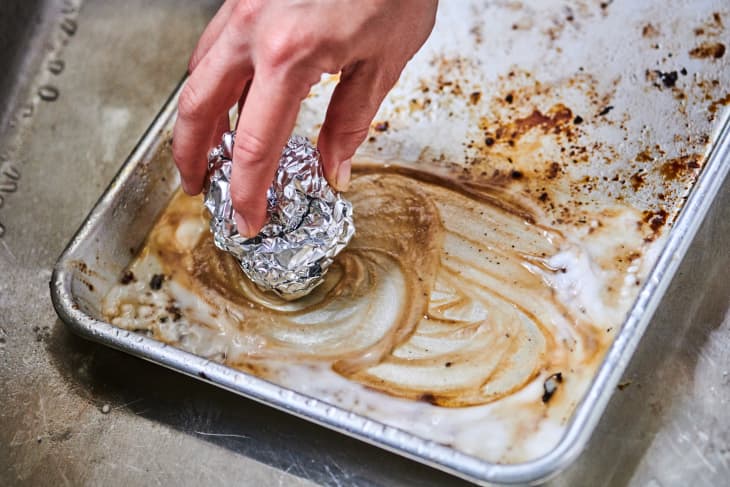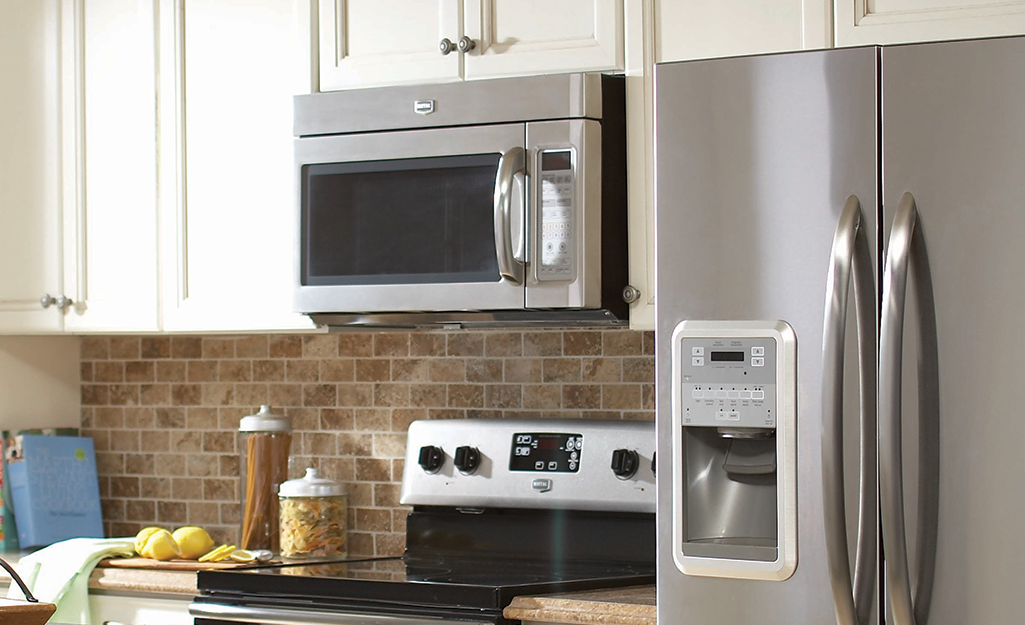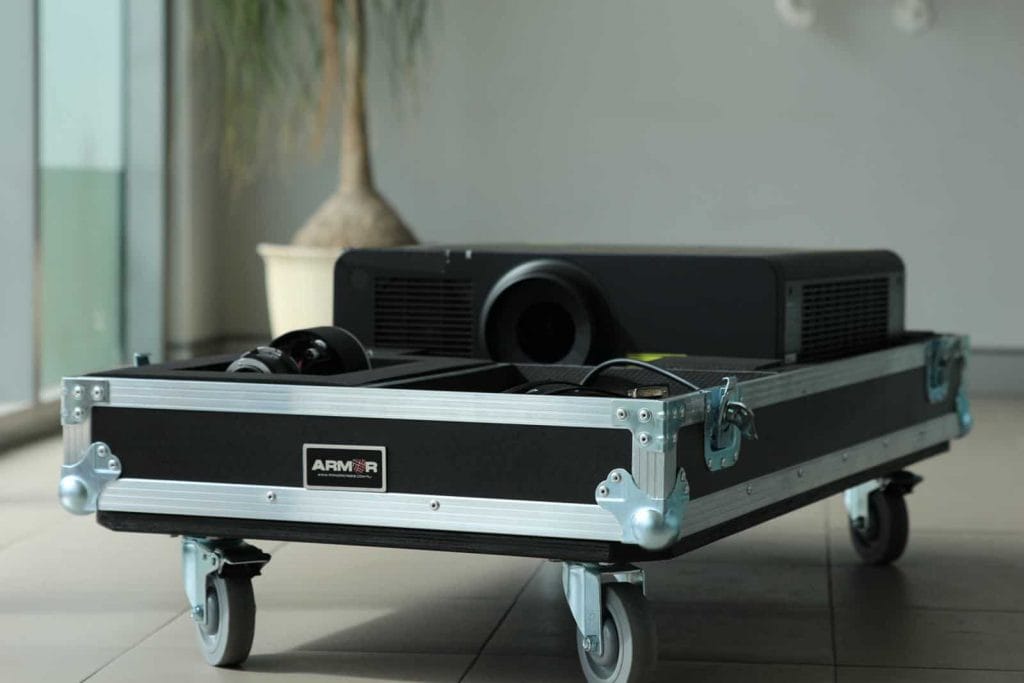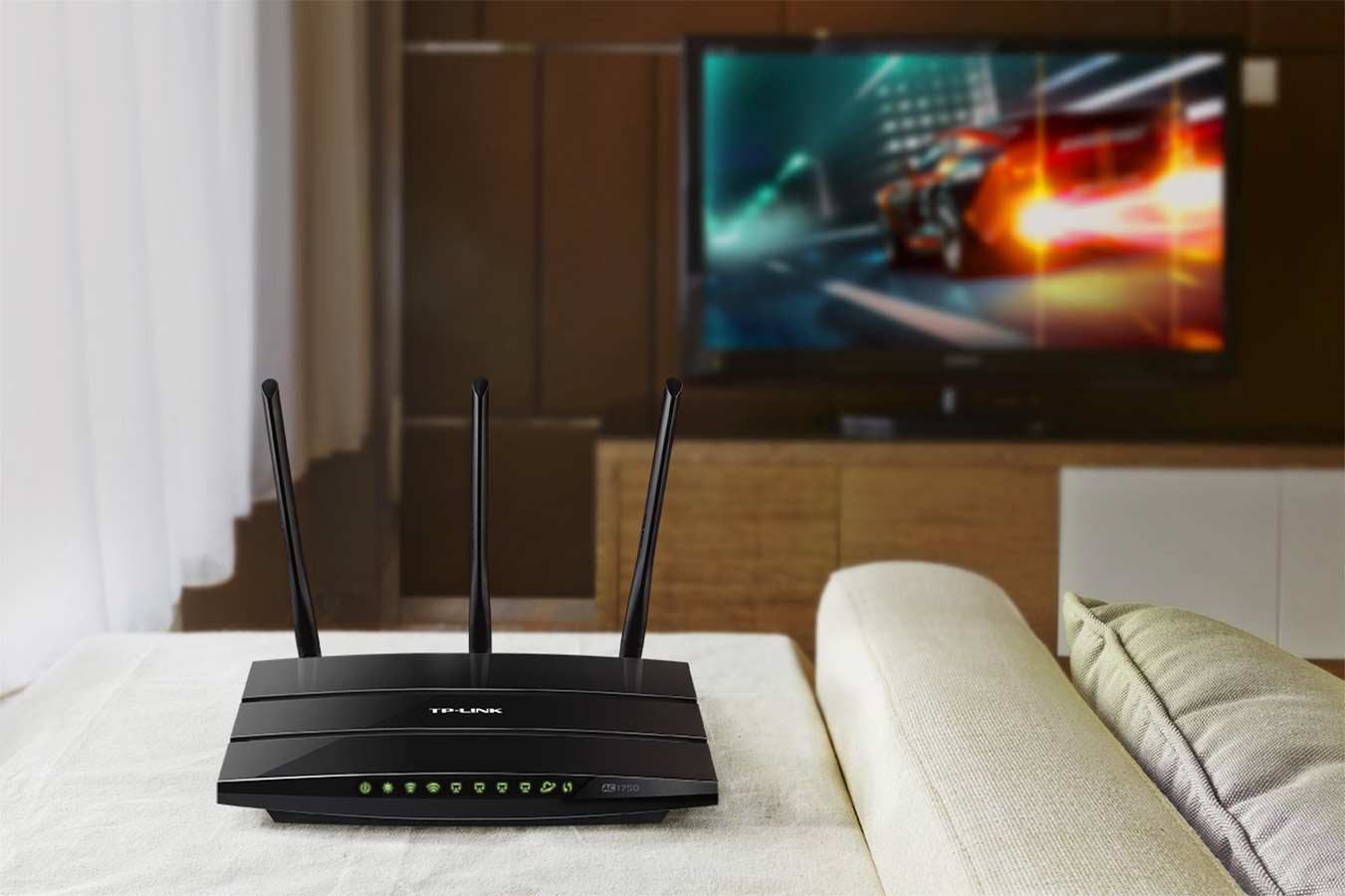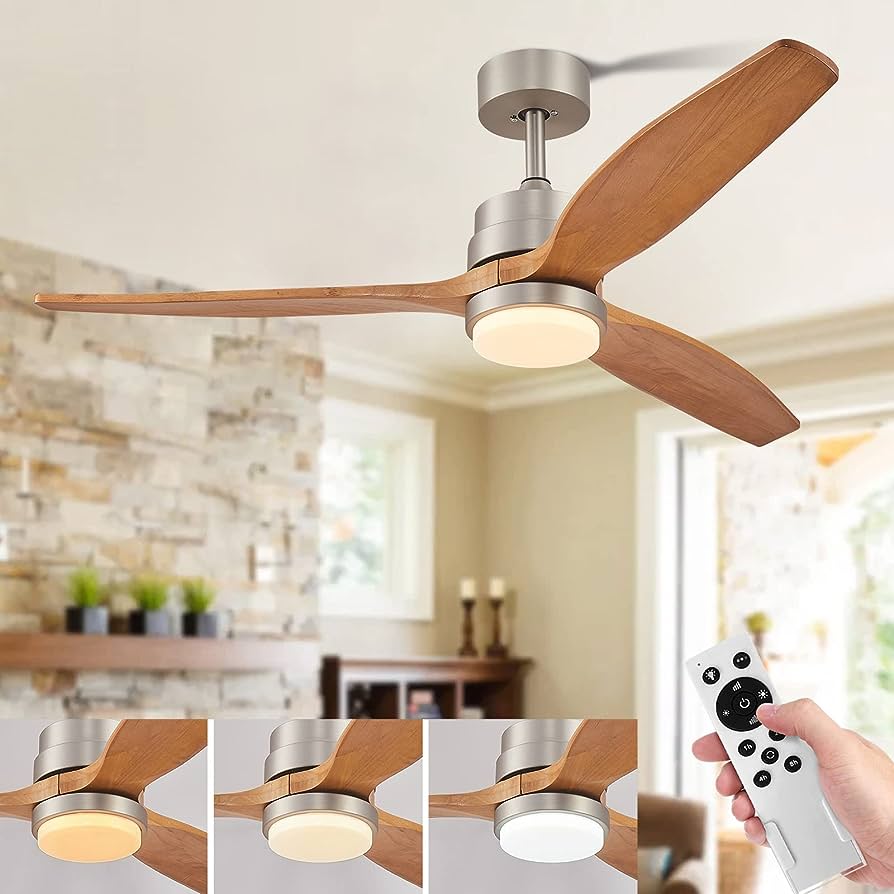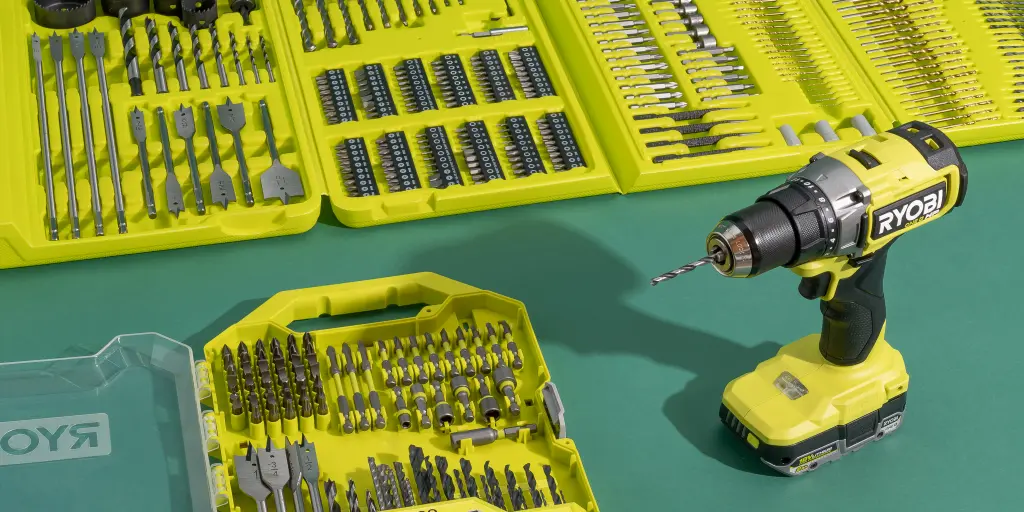Baking sheets are an essential tool in any baker’s kitchen, but over time, they can accumulate a sticky mess of grease, burnt-on residue, and stubborn stains. If you’ve ever found yourself scrubbing away at a baking sheet, wondering if there’s an easier way to clean it, you’re in luck. In this article, we will reveal the secrets of how to clean baking sheets effectively and effortlessly. No more endless scrubbing or resorting to harsh chemicals. With some simple tips, natural solutions, and a little know-how, you’ll have your baking sheets looking brand new in no time. Say goodbye to frustrating cleaning sessions and hello to gleaming baking sheets that are ready for your next delicious creation. So, let’s dive right in and discover the best methods to keep your baking sheets spotless and sparkling.
Different types of baking sheets and their cleaning requirements
Baking sheets come in various materials, such as aluminum, stainless steel, and non-stick coatings. Each type requires specific cleaning techniques to ensure their longevity and optimal performance.
Aluminum baking sheets
Aluminum baking sheets are versatile and highly popular due to their excellent heat conductivity. When it comes to cleaning, they are relatively easy to maintain. Start by removing any leftover food debris and soaking the sheet in warm, soapy water. Use a non-abrasive sponge or brush to gently scrub away any remaining stains. If deeper cleaning is needed, you can create a paste by mixing equal parts baking soda and water. Apply the paste to the stained areas, let it sit for a few minutes, and then scrub it off.
Stainless steel baking sheets
Stainless steel baking sheets are known for their durability and resistance to rust and corrosion. To clean them, begin by wiping off any excess food residue. To remove tough stains or grease, you can create a cleaning solution using equal parts water and vinegar. Spray or apply the solution to the stains, let it sit for a few minutes, and then scrub it off using a sponge or brush. Alternatively, you can also use a paste made of baking soda and water for more stubborn stains.
Non-stick baking sheets
Non-stick baking sheets are coated with a layer that prevents food from sticking, making them ideal for easy cleanup. However, they require gentle cleaning to avoid damaging the coating. Avoid using abrasive cleaners or metal utensils that can scratch the surface. Instead, use a soft sponge or cloth with warm, soapy water to remove any residue. For stubborn stains, consider using a mild dish soap and gently scrubbing the area.
Preparing baking sheets for cleaning: removing excess debris and grease
Before diving into the cleaning process, it’s important to prepare your baking sheets by removing any excess debris and grease. This step will make the subsequent cleaning more effective and efficient.
Removing debris
Start by scraping off any stuck-on food debris from the baking sheet. You can use a spatula, a plastic scraper, or even the edge of a spoon to gently lift off the stubborn residues. Be careful not to scratch or damage the surface of the baking sheet while doing this. Once you’ve removed the larger pieces, rinse off the sheet under warm water to further loosen any remaining debris.
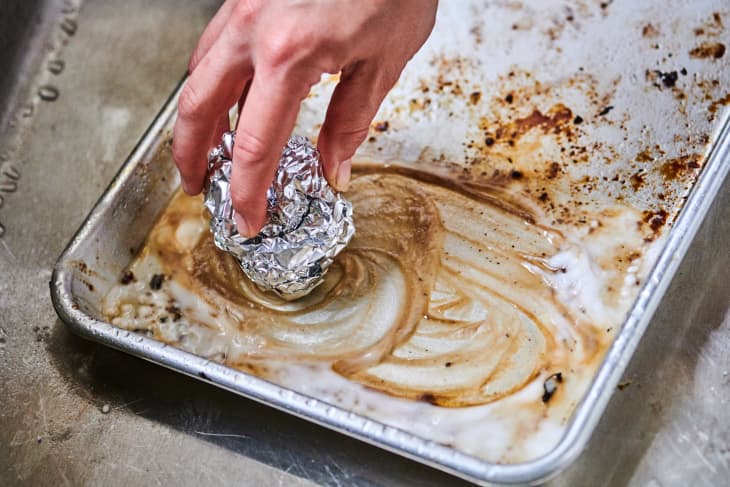
Dealing with grease
Grease can be quite stubborn and challenging to remove from baking sheets. To tackle this, apply a grease-cutting dish soap directly to the greasy areas and let it sit for a few minutes. This will help break down the grease, making it easier to remove. Afterward, use a sponge or cloth to scrub away the grease, making sure to reach all corners and edges of the sheet.
- DURABLE AND LONG-LASTING: Cookie sheets for baking nonstick set is made of engineered carbon steel metal alloy attractive, goldish metallic coating...
- MICRO-TEXTURED BAKING SHEETS: 3 piece cookie sheets set includes 1pc 9x13in small cookie sheet for baking cookies, pastry, and lasagna, 1pc 10x15in...
- Lifetime durability: Made from pure natural aluminum, offering rust resistance and ideal for baking cookies to sheet pan dinners with consistent...
- Superior heat conductivity: Aluminum ensures even baking and browning, while the reinforced encapsulated steel rim adds strength and prevents warping.
- 3-PIECE SET: NutriChef 3-piece nonstick cookware set includes the small, medium, and large size of cookie pans. These are a flexible, stylish, and...
- NON-STICK COATING: The PTFE/PFOA/PFOS-free non-stick pot set cooking ware features a long-lasting nonstick coating for easy food release or tossing,...
- SET OF 3 BAKING SHEETS: GoodCook’s Nonstick Cookie Sheet Set comes with a small 13” x 9”, medium 15” x 10” and large 17” x 11” baking...
- EVEN BAKE, EVERY TIME: The heavy-duty gauge baking pans in this bakeware set ensure long-lasting durability and even heat distribution, providing...
- INGENUITY DIAMOND TEXTURE - The cookie sheet pan set has a diamond texture on the base increases its non-stick properties and ensures even and quick...
- PREMIUM EXTRA-THICK MATERIAL - With 57% thicker carbon steel, these durable oven trays are constructed from heavy-gauge carbon steel for stability,...
- MULTI USE: The versatile baking sheet combo includes 3 different sizes of baking sheets which designed for high performance,15.8 x 12 x 1 inch, 12.25...
- BUILT TO LAST: The baking sheet with thick gauge and sturdy construction, which offer long lasting superior quality, sturdy and solid, rust resistant...
- DURABLE AND LONG-LASTING: Cookie sheets for baking nonstick set is made of engineered carbon steel metal alloy attractive, goldish metallic coating...
- MICRO-TEXTURED BAKING SHEETS: 3 piece cookie sheets set includes 1pc 9x13in small cookie sheet for baking cookies, pastry, and lasagna, 1pc 10x15in...
- PREMIUM EXTRA-GAUGE THICK ALUMINUM BAKING SHEET: The aluminum baking pans are made of thick and heavy aluminum, with a heavy rolled edge making this...
- NO MORE BURNT BOTTOMS: They perform better than ordinary stainless steel baking pans in terms of heat resistance and cook everything evenly, withstand...
- VERSATILE BAKING KIT: Pack of 9 in 3 different sizes 15.9 x 12 x 1 inch, 12.4 x 9.6 x 1 inch, and 10.4 x 8.1 x 1 inch- This oven cooking set includes...
- PREMIUM MATERIAL: The baking sheet pans and cooling racks are made of premium pure stainless steel, rust and warp resistant. The non-stick baking mats...
- READY, SET, BAKE: Whether you’re baking homemade chocolate chip cookies or roasting vegetables, this Wilton cookie sheet is ready for any baking...
- BAKEWARE FOR EVERY DAY AND EVERY OCCASION: The sturdy steel construction of this Wilton baking sheet spreads heat evenly and helps to resist warping...
As an Amazon Associate I earn from qualifying purchases. Learn More
Using natural homemade solutions for baking sheet cleaning
If you prefer using natural homemade solutions for cleaning your baking sheets, there are a few effective options you can try.
Vinegar and baking soda
Creating a paste using vinegar and baking soda is a powerful and natural way to tackle tough stains and grease on baking sheets. Mix equal parts baking soda and vinegar to form a paste, and then apply it to the stained areas. Let it sit for a few minutes to break down the stains, and then scrub it off using a sponge or brush. Rinse the sheet thoroughly afterward to remove any residue.
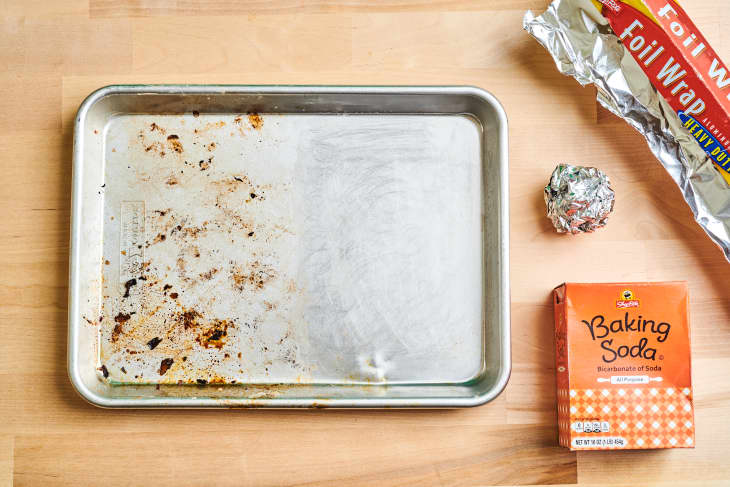
Lemon juice
Lemon juice is another excellent natural cleaner for baking sheets. Its acidic properties help break down stains and cut through grease. Squeeze fresh lemon juice onto the stained areas or create a mixture of lemon juice and water. Let it sit for a few minutes, and then scrub it off using a sponge or cloth. The pleasant citrus scent of lemon will also leave your baking sheets smelling fresh.
Tips for effective deep cleaning of tough stains on baking sheets
While regular cleaning can keep your baking sheets in good condition, tough stains may require a more intensive approach. Here are some tips for deep cleaning stubborn stains on your baking sheets.
Use a baking soda and hydrogen peroxide paste
For really stubborn stains, create a paste with baking soda and hydrogen peroxide. Mix equal parts of both ingredients to form a thick paste. Apply the paste to the stained areas and let it sit for several hours or overnight. The combination of baking soda and hydrogen peroxide will work together to break down even the toughest stains. Afterward, scrub off the paste using a sponge or brush, and rinse the baking sheet thoroughly.
Try a vinegar soak
If your baking sheet has heavy grease buildup or baked-on stains, you can try soaking it in a vinegar solution. Fill a sink or large container with equal parts water and vinegar, and submerge the baking sheet. Let it soak for a few hours or overnight. The acidity of the vinegar will help dissolve the stains, making them easier to remove. After soaking, scrub the sheet using a sponge or brush, and rinse it thoroughly afterward.
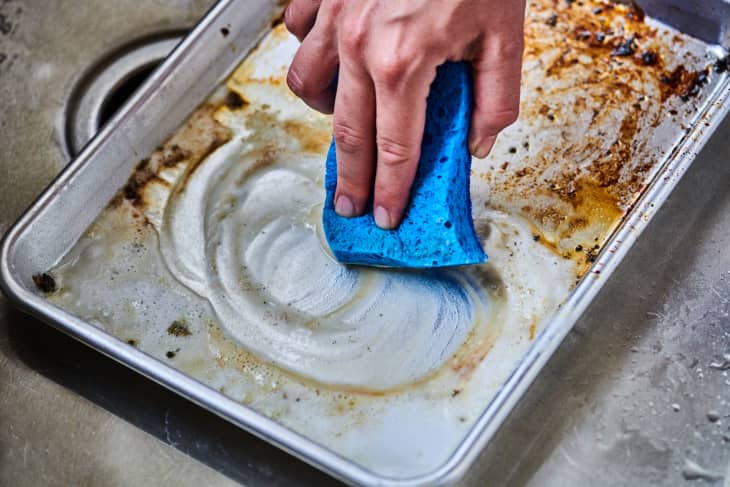
Consider using a commercial oven cleaner
If all else fails, you can turn to a commercial oven cleaner specifically designed for tough stains. Follow the instructions on the product carefully, and protect your hands with gloves while using it. These cleaners often contain powerful ingredients that can effectively dissolve stubborn stains. Remember to thoroughly rinse the baking sheet after using a commercial cleaner to ensure no residue is left behind.
Different types of baking sheets and their cleaning requirements
When it comes to baking sheets, there are various types available in the market. Each type has its own unique properties and requires specific cleaning methods. Let’s explore some of the commonly used baking sheets and their cleaning requirements.
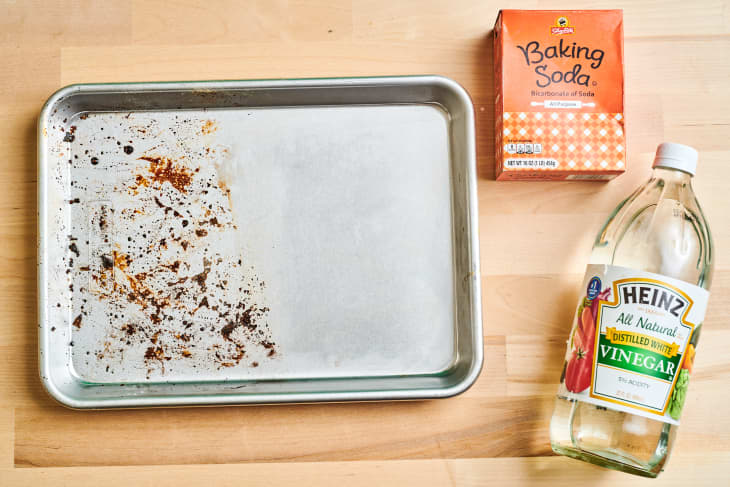
Non-stick baking sheets
Non-stick baking sheets are widely popular due to their ability to prevent food from sticking. To clean them effectively, avoid using harsh scrub brushes or abrasive cleaners that can damage the non-stick coating. Instead, opt for gentle dish soap and warm water. Gently scrub the surface using a soft sponge and rinse thoroughly.
Aluminum baking sheets
Aluminum baking sheets are known for their excellent heat conductivity and durability. They can withstand high oven temperatures, but their cleaning process requires some care. To clean aluminum baking sheets, start by removing any excess debris and grease. Then, apply a mixture of baking soda and water, and let it sit for a few minutes. Scrub the surface using a non-abrasive brush or sponge, and rinse thoroughly.
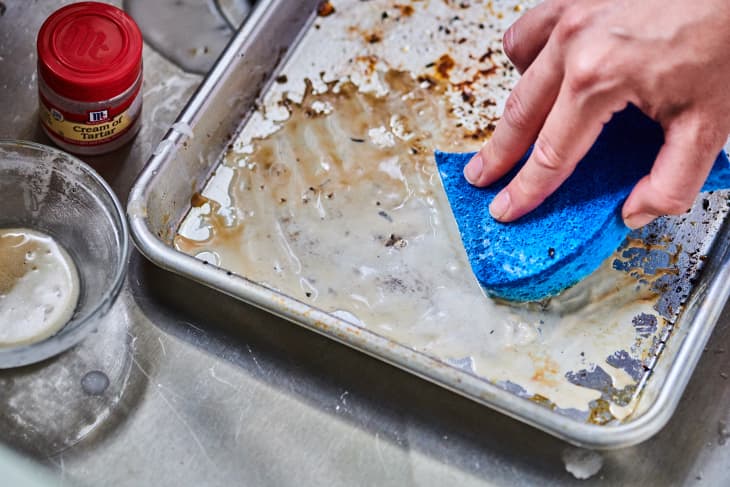
Stainless steel baking sheets
Stainless steel baking sheets are resistant to rust and corrosion, making them a popular choice for many bakers. To clean stainless steel baking sheets, begin by removing any loose debris and grease. Then, prepare a solution of equal parts vinegar and water. Apply this mixture to the surface of the sheet and scrub gently with a sponge or cloth. Rinse thoroughly and wipe dry to prevent water spots.
Preparing baking sheets for cleaning: removing excess debris and grease
Before diving into the cleaning process, it’s important to prepare your baking sheets by removing any excess debris and grease. This step helps make the cleaning process more effective and prevents the spread of dirt or grime.
Scraping off debris
Gently scrape off any burnt or stuck-on food particles using a spatula or plastic scraper. Be careful not to use sharp objects that can scratch the surface of your baking sheet. This step will ensure that you’re starting with a clean surface before moving on to the actual cleaning process.
Soaking the sheets
For baking sheets with stubborn grease or grime, soaking them can be a game-changer. Fill your sink or a basin with warm water and add a few drops of dish soap. Place the baking sheets in the soapy water, ensuring they are fully submerged. Let them soak for about 15-30 minutes to loosen the dirt and grease.
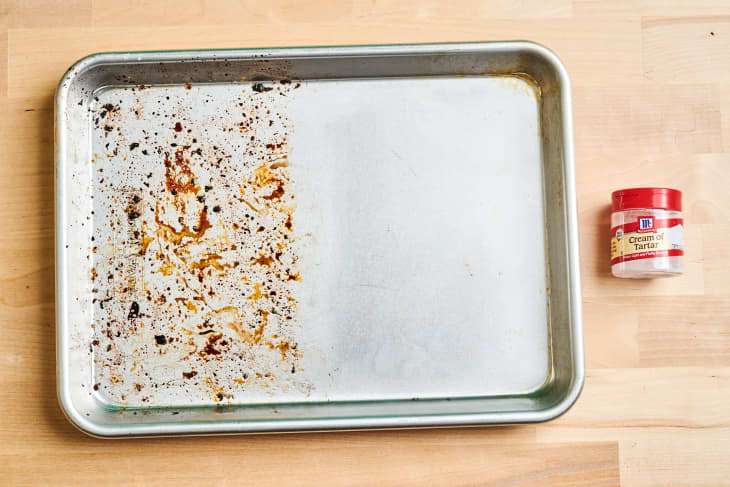
Using natural homemade solutions for baking sheet cleaning
If you prefer to use natural and homemade solutions for cleaning your baking sheets, there are a few effective options you can try.
Baking soda and hydrogen peroxide paste
Create a paste by mixing equal parts baking soda and hydrogen peroxide. Apply the paste to the stained areas on your baking sheet and let it sit for 30 minutes. Then, scrub the surface using a sponge or brush, rinsing thoroughly afterward. This powerful combination helps break down tough stains and leaves your baking sheets looking clean and shiny.
Vinegar and salt scrub
Combine equal parts vinegar and salt to form a paste. Apply this paste to the stained areas on your baking sheet and let it sit for 15-20 minutes. Scrub the surface using a sponge or brush, focusing on the tough stains. Rinse the baking sheet thoroughly to remove any residue. The acidic properties of vinegar combined with the abrasive nature of salt make this an effective homemade cleaning solution.
Tips for effective deep cleaning of tough stains on baking sheets
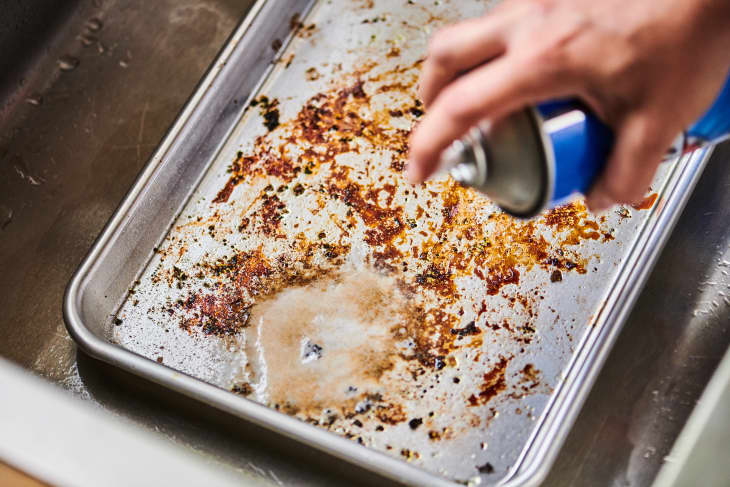
Sometimes, baking sheets can end up with stubborn stains that seem impossible to remove. However, with a little effort and the right techniques, you can effectively deep clean those tough stains.
Baking soda and vinegar soak
Create a mixture of baking soda and vinegar in a ratio of 1:2 and pour it onto the stained areas of your baking sheet. Let the mixture sit for a few hours or overnight. The fizzing action of the vinegar combined with the scrubbing power of baking soda will break down the stains. Afterward, scrub the surface with a sponge or brush, rinsing thoroughly to reveal a sparkling clean baking sheet.
Lemon juice and cream of tartar paste
Make a paste by combining equal parts lemon juice and cream of tartar. Apply the paste to the tough stains and let it sit for about 30 minutes. Then, scrub the surface using a sponge or brush, focusing on the stained areas. Rinse thoroughly to remove any residue left behind. The citric acid in lemon juice, along with the abrasive cream of tartar, works wonders in removing stubborn stains from baking sheets.
Remember, maintaining clean baking sheets not only enhances the quality of your baked goods but also prolongs the lifespan of your baking sheets. With these cleaning methods and tips, you’ll have your baking sheets looking good as new in no time!
Conclusion
Cleaning baking sheets may seem like a daunting task, but with the right techniques and tools, it can be a breeze. Throughout this article, we’ve explored the different types of baking sheets and their specific cleaning requirements. We’ve learned how to prepare our baking sheets for cleaning by removing excess debris and grease, and we’ve discovered the power of natural homemade solutions for tackling tough stains. From safely removing burnt-on residue to preventing future stains and build-up, we’ve covered it all. By maintaining the nonstick coating and implementing quick and efficient cleaning techniques, you’ll ensure the longevity of your baking sheets. So, say goodbye to stubborn stains and hello to shiny, spotless baking sheets. It’s time to show off your culinary creations with pride. Discover the transformative power of knowing “how to clean baking sheets.
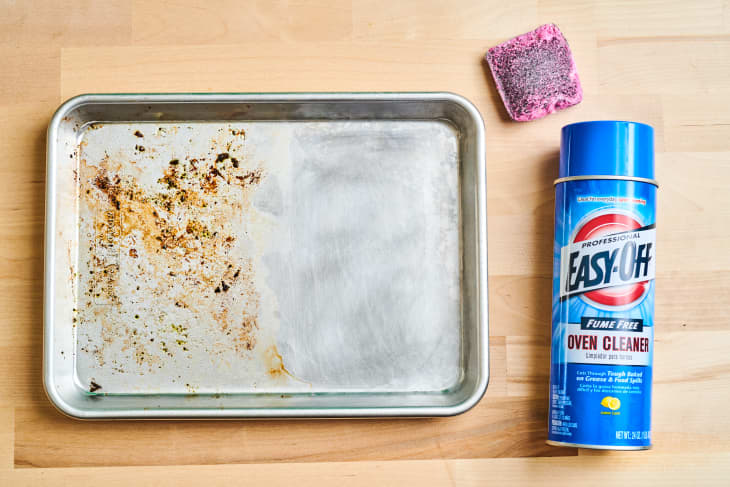
Frequently Asked Questions
1. How do I clean a baking sheet with burnt-on residue?
To clean a baking sheet with burnt-on residue, start by sprinkling baking soda over the affected areas. Then, pour some hydrogen peroxide over the baking soda and let it sit for a few minutes. Using a scrub brush or sponge, gently scrub the baking sheet in circular motions. Rinse with warm water and dry thoroughly. This method should help remove the stubborn burnt-on residue.
2. Can I use a dishwasher to clean my baking sheets?
Yes, you can use a dishwasher to clean your baking sheets, but it’s important to check the manufacturer’s recommendations first. Some baking sheets are dishwasher-safe, while others may get damaged or lose their effectiveness if cleaned in a dishwasher. Always refer to the instructions or packaging to ensure the dishwasher is safe for your specific baking sheet.
3. What is the best way to remove grease buildup from a baking sheet?
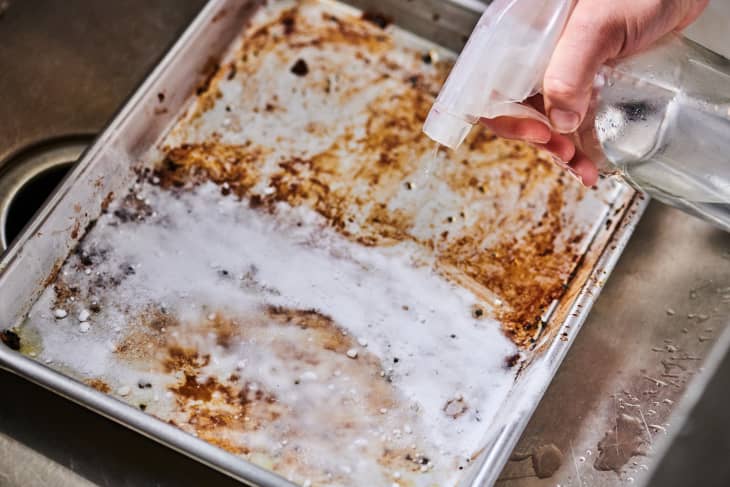
To remove grease buildup from a baking sheet, mix equal parts baking soda and dish soap in a bowl until it forms a thick paste. Apply the paste to the affected areas and let it sit for about 15 minutes. Then, scrub the baking sheet using a non-abrasive sponge or brush. Rinse with warm water and dry completely. The mixture of baking soda and dish soap helps break down the grease and eliminate the buildup.
4. How often should I clean my baking sheets?
It’s a good practice to clean your baking sheets after every use to prevent the buildup of food particles, grease, and stains. Regular cleaning helps maintain the longevity and performance of your baking sheets. However, if you notice excessive residue or baked-on grime, it’s best to clean them immediately to prevent it from hardening and becoming harder to remove.
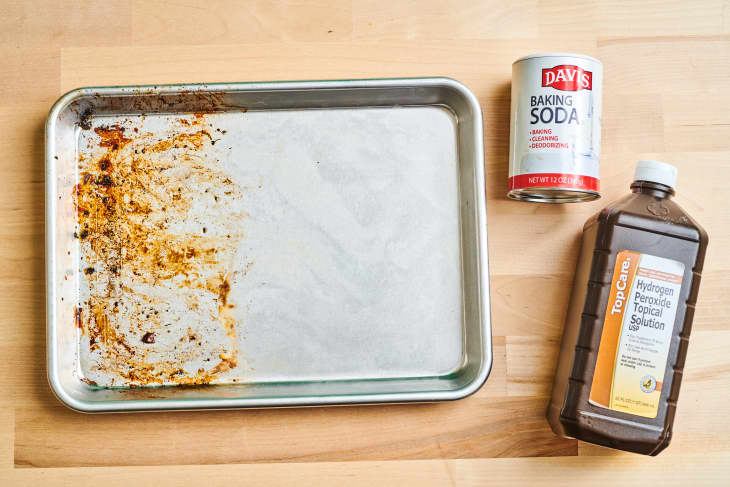
5. What should I avoid when cleaning my baking sheets?
When cleaning your baking sheets, avoid using abrasive cleaners, steel wool, or harsh chemicals as they can damage the surface and non-stick coating, if present. Also, try to avoid scraping your baking sheets forcefully with metal utensils as it can scratch and compromise their quality. Instead, opt for gentle cleaning methods and tools to preserve the integrity of your baking sheets.

